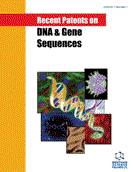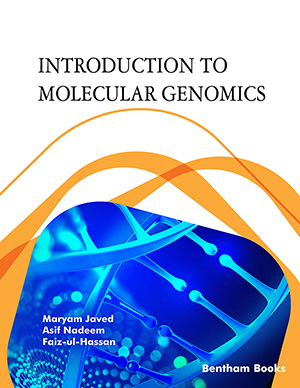Abstract
AMP v. USPTO otherwise known as the ACLU/Myriad “gene patenting” case has famously pitted the American Civil Liberties Union (ACLU) against Myriad Genetics. DNA patent litigation is not novel, but this case is distinct from typical cases involving commercial rivals; heretofore neither side has an interest in the commercially suicidal attacking of the underlying concept of DNA patents. The ACLU, representing the plaintiffs, has no such qualms. And the ACLU is fighting dirty: the United Sates patent system is effectively moral and social-context neutral, but the ACLU has succeeded in making social and political concerns the highlight of their legal case, even reframing DNA as per our human understanding, as information, and as distinct from a simple double helical macromolecule. The relevance of the case exceeds the bounds of DNA patents, as reflected in the number of amicus briefs filed, and threatens many other industries, particularly those that rely on extracted biomaterials.
Keywords: Patents, genes, DNA, ACLU, USPTO, myriad, BRCA, patentable subject matter, ordre public, chakrabarty, Myriad Genetics, Trade Related Aspects of Intellectual Property Rights (TRIPS), Diamond v. Chakrabarty, Novelty, Enabling Disclosure, THE LAWSUIT, MYRIAD'S ENFORCEMENT
 5
5











